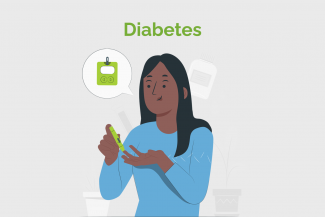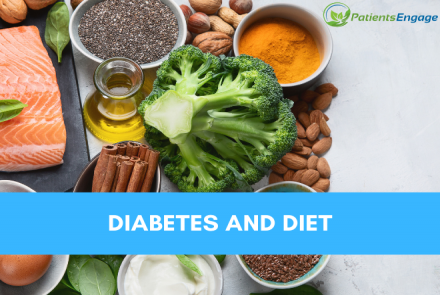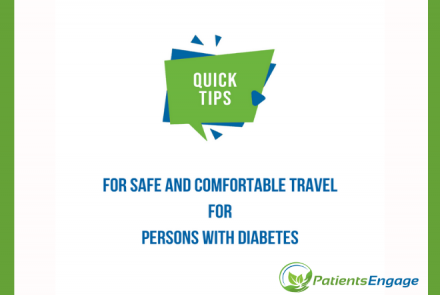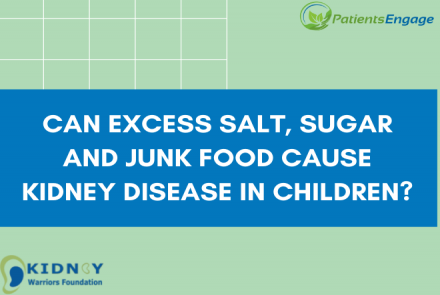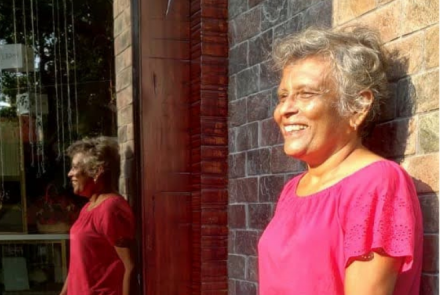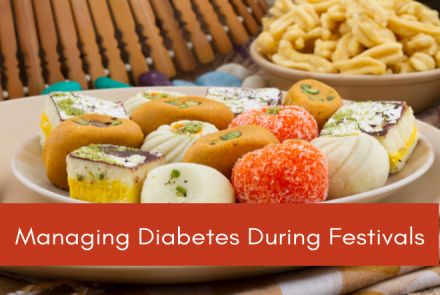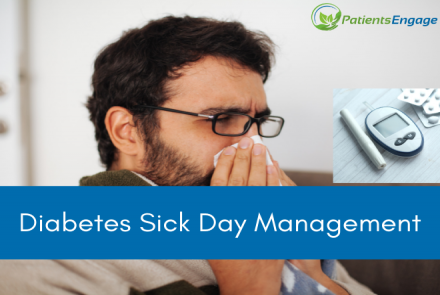Diabetes Mellitus is a metabolic disorder in which the body has difficulty regulating its blood glucose or blood sugar level.
The burden of diabetes is increasing globally, particularly in developing countries. While the causes are complex, but the increase is in large part due to rapid increases in overweight, including obesity and physical inactivity. There is good evidence that a large proportion of cases of diabetes and its complications can be prevented by a healthy diet, regular physical activity, maintaining a normal body weight and avoiding tobacco.

Testing for diabetes is essential in identifying individuals with the condition or those at risk. Various tests are available to diagnose diabetes and assess blood sugar control. Here are some common tests for diabetes:
Fasting Plasma Glucose (FPG): This is a blood test that is done first thing in the morning. You have to fast for eight hours before the test. You are allowed to drink water.
- If your fasting blood glucose is 100 mg/dL - 125 mg/dL you are considered Prediabetic.
- If it is 126 mg/dL or more in two or more tests, you are considered to have diabetes.
Oral GlucoseTolerance Test (OGTT): This test checks your blood glucose level before and two hours after you are given a sweet drink. This tells the doctor how your body is processing glucose.
- If the blood glucose level is 140 mg/dL -199 mg/dL, you are considered to be prediabetic.
- If it is greater than 200mg/dL, you are diagnosed as having diabetes.
HbA1c: This test measures your average blood glucose levels over the last two to three months.
- A result of 5.7 -6.4% indicates Prediabetes while
- 6.5 % and above indicates diabetes.
Changed
25/Feb/2025
Community
Condition

